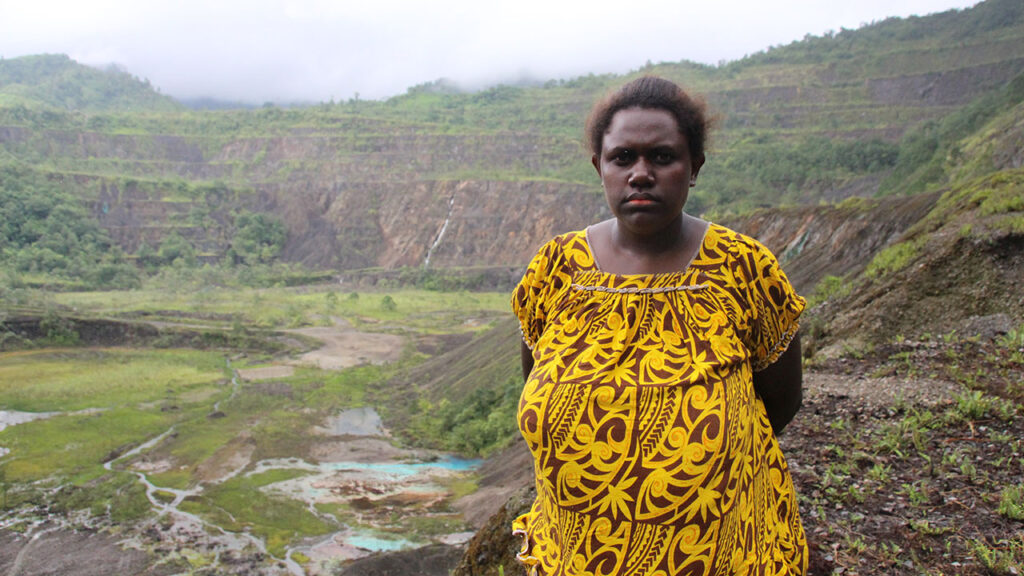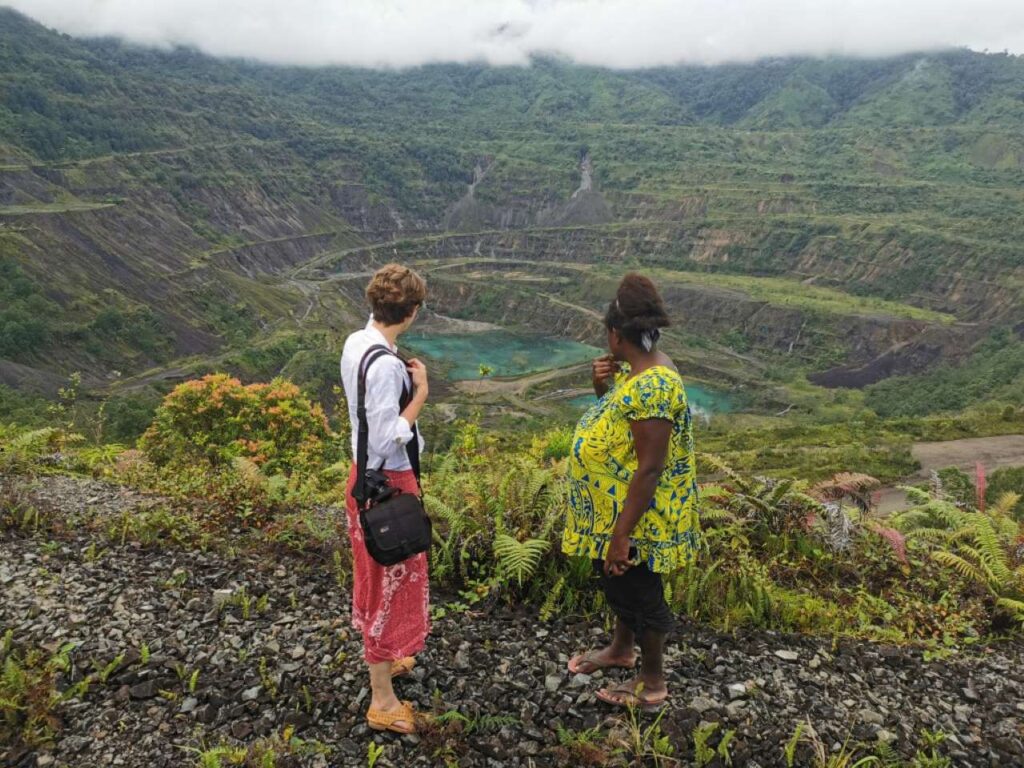Independent review recommends overhaul of Australia’s modern slavery laws
A coalition of human rights and academic organisations has welcomed the findings of an independent review of Australia’s Modern Slavery Act, and called on the Albanese Government to urgently strengthen the law.
The review, led by Professor John McMillan, AO, was tasked with considering the Act’s effectiveness over its three years of operation. The report acknowledges widespread views that ‘there is no hard evidence that the Modern Slavery Act in its early years has yet caused meaningful change for people living in conditions of modern slavery’.
The report makes 30 recommendations aimed at strengthening corporate modern slavery responses and increasing regulatory oversight of the law, including:
-
Requiring entities to have a due diligence system in place that will identify, monitor and address modern slavery risks;
-
Introducing penalties for entities that fail to submit a modern slavery statement, for including false information in a statement, and for failing to have a due diligence system in place; and
-
Introducing new reporting criteria that requires entities to report on modern slavery incidents identified annually.
The coalition of organisations are calling on the Albanese Government to implement these recommendations and ensure that the newly announced establishment of an independent Anti-Slavery Commissioner be adequately resourced and mandated to provide effective oversight of the Act.
Freya Dinshaw, Acting Legal Director, Human Rights Law Centre:
“We welcome the McMillan report, which shows that the Modern Slavery Act needs to be strengthened in order to ensure that no Australian companies are profiting from exploitation. We urge the Government to now implement these reforms so that the law requires companies to take concrete action to address modern slavery in their supply chains rather than just reporting on their current practices. While we would have liked to see the review go even further and recommend an enforceable duty on companies to prevent modern slavery, its recommendations, if implemented, will substantially strengthen the current law.”
Professor Justine Nolan, Director, Australian Human Rights Institute (UNSW Sydney):
“Modern slavery is a persistent challenge for Australian businesses, governments and consumers. The report acknowledges that the Modern Slavery Act has not yet led to meaningful changes in business practices. This report makes strong recommendations on strengthening enforcement of the law and mandating human rights due diligence. It is time to be bolder and transform the way Australia does business.”
Amy Sinclair, Regional Representative for Australia, New Zealand & Pacific, Business & Human Rights Resource Centre:
“Modern slavery is a global problem and no business is immune to it – all must play their part in curbing exploitation in their supply chains. The Australian government now has a clear roadmap to move ahead rapidly. These findings represent an important step in seeing Australian businesses go beyond policies, towards practical implementation of standards that will have a real impact on the lives of people in their supply chains.”
Background
Last year, academic and civil society partners released a major report which found that companies were still failing to identify obvious modern slavery risks in their supply chains or take action to address them three years into the Act’s operation.
A survey of nearly 90 business groups on the impact of Australia’s Modern Slavery Act, released earlier this year, found 70% supported the establishment of an Anti-Slavery Commissioner and 61% would likely improve modern slavery responses if required to undertake human rights due diligence.








Media contact:
Thomas Feng
Human Rights Law Centre
Media and Communications Manager
thomas.feng@hrlc.org.au
0431 285 275
Drew Sheldrick
UNSW Australian Human Rights Institute Communications Manager
d.sheldrick@unsw.edu.au
0421 012 114

Bougainville community leaders demand seat at the table in remediation discussions with Rio Tinto
Bougainville community leaders are calling for a seat at the table in discussions about the potential remediation of the environmental devastation caused by Rio Tinto’s former Panguna mine, scheduled to begin in Port Moresby today.
Read more
Major environmental damage and human rights impacts to Bougainville communities confirmed by independent investigation into Rio Tinto’s former Panguna mine
Communities living with the ongoing devastation from Rio Tinto’s former Panguna mine in Bougainville are calling on the company to commit to funding remediation and addressing public safety risks, after a major independent investigation funded by the company confirmed life-threatening, ongoing social, environmental and human rights impacts from the mine.
Read more
Reforms to modern slavery law welcome but need to go further to protect workers’ rights
Civil society groups and unions have welcomed proposed changes to strengthen Australia’s modern slavery law, including through the introduction of penalties, but are calling on the Albanese Government to also introduce a legal requirement for companies to take action to prevent modern slavery.
Read more


